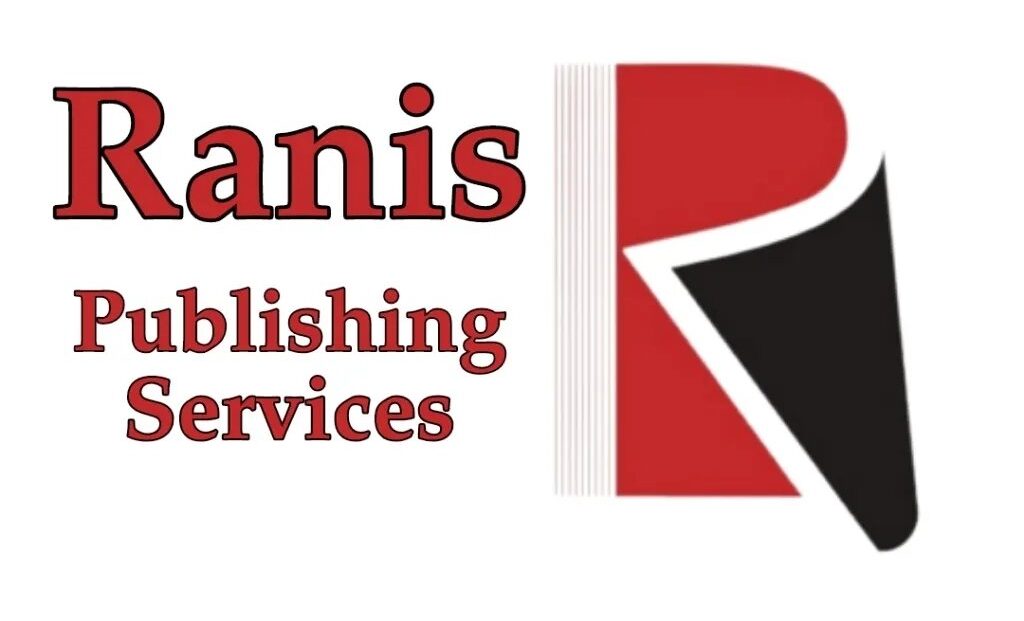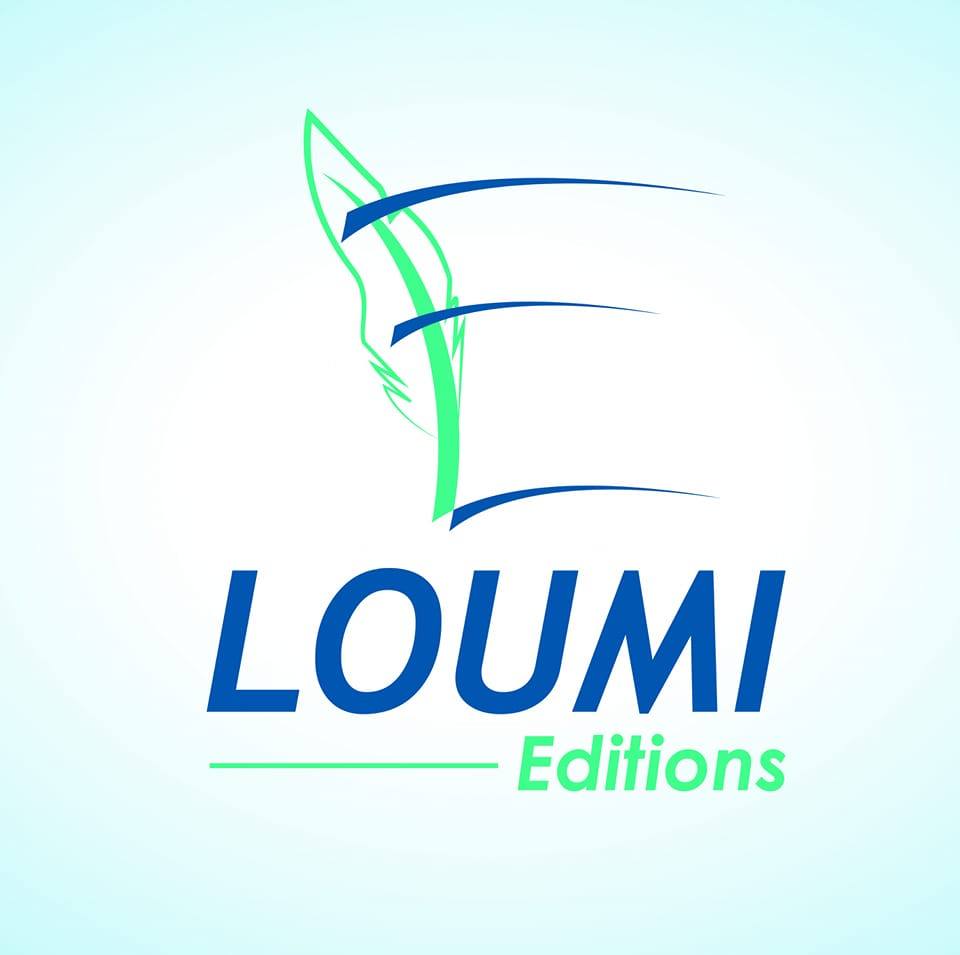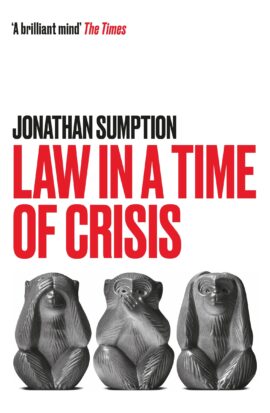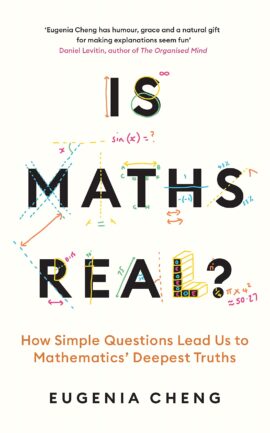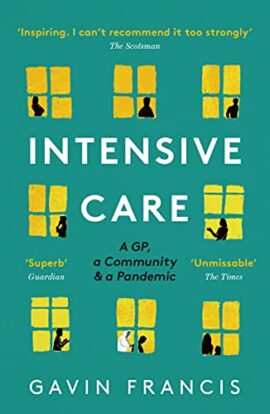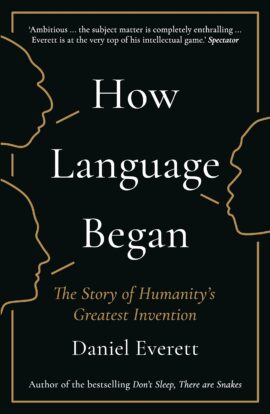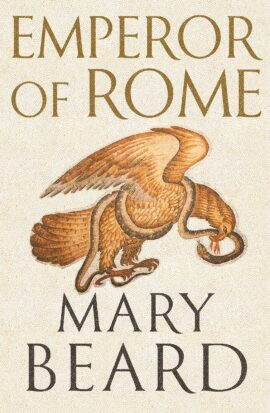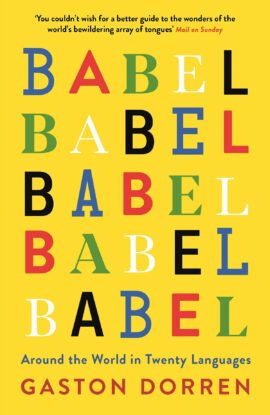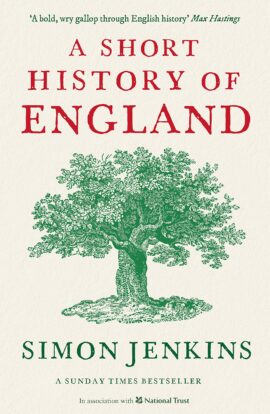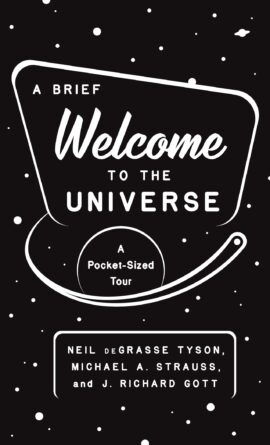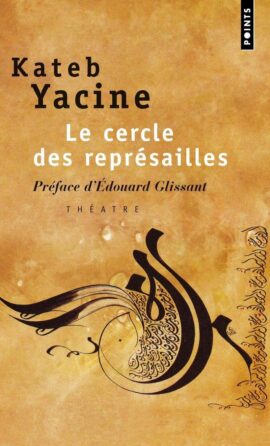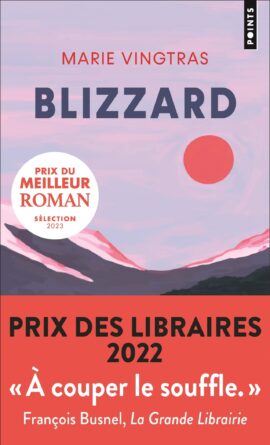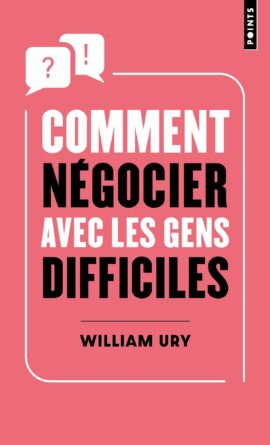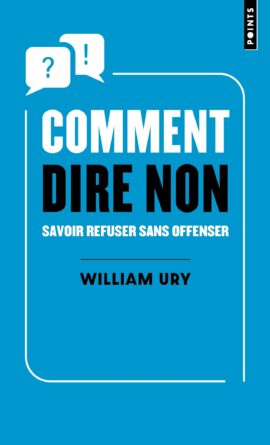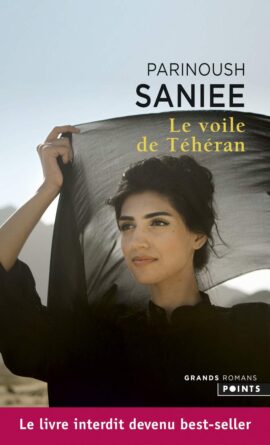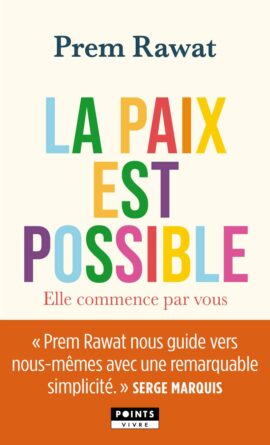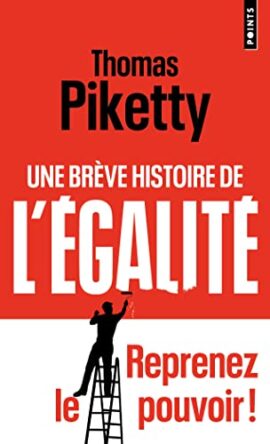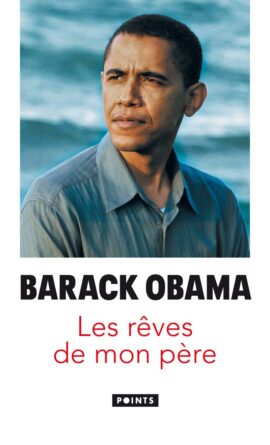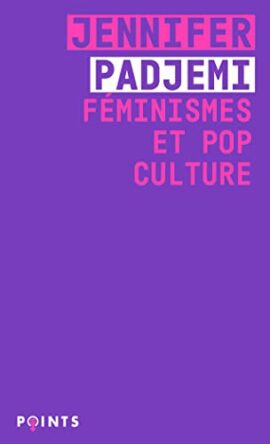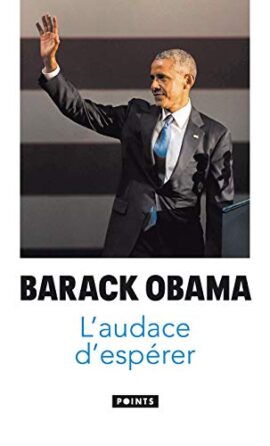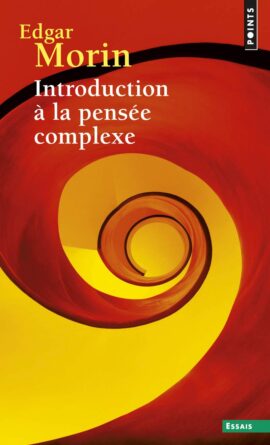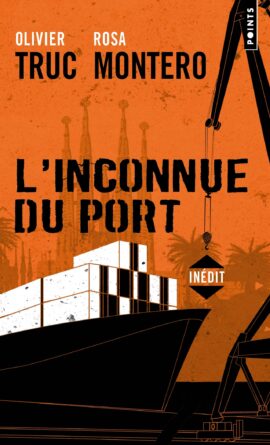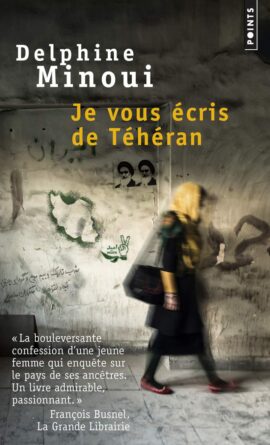Affichage de 3376–3400 sur 7282 résultatsTrié par popularité
Law in a Time of Crisis
'Thoughtful, stimulating and even entertaining ... Lord Sumption's opinion is always worth listening to, even - or especially - if one disagrees with it.' Daily Telegraph'Time spent on Law in a Time of Crisis is time spent in the company of a brilliant mind considering interesting things' The TimesBrexit, the independence referendum, the the UK is a country in crisis. And, in crises, we turn to the law to set the boundaries of what the government can and should do. However, in a country with no written constitution, what sounds like a simple proposition is in fact anything but.Based on his 2019 Reith lectures, former Supreme Court Judge Jonathan Sumption what are the limits of law in politics? Is not having a constitution a hindrance or help in times of crisis? From referenda to the rise of nationalisms, Law in a Time of Crisis exposes the uses and abuses of legal intervention in British crises - past, present, and potential.
Is Maths Real?
Why is -(-1) = 1?Why do odd and even numbers alternate?What's the point of algebra?Is maths even real?From imaginary numbers to the perplexing order of operations we all had drilled into us, Eugenia Cheng - mathematician, writer and woman on a mission to rid the world of maths phobia - brings us maths as we've never seen it before, revealing how profound insights can emerge from seemingly unlikely sources.Written with intelligence and passion, Is Maths Real? is a celebration of the true, curious spirit of the discipline.
Intensive Care
13 January, 2020.A bulletin from Health Protection Scotland is sent to all GP practices, describing a 'novel Wuhan coronavirus'. It was the first time I'd heard of the virus. 'Current reports describe no evidence of significant human to human transmission, including no infections of healthcare workers,' it says, reassuringly.As COVID-19 has ripped across the globe, crossing borders and crashing markets, it has already cost tens of thousands their lives. But as we wait to discover the full effects of the pandemic, one thing is already clear: on the frontlines of the crisis are our healthcare workers.In Notes on a Crisis , doctor Gavin Francis will take you beyond the headlines to the bedsides of those suffering most, from his GP surgery in Edinburgh to the homeless charity where he volunteers. And inside this compelling narrative of missed opportunities, tragedies and occasional triumphs, he weaves the wider history of medical practice, pandemics and vaccines.Full of compassion, this deeply personal account of a doctor's experiences during the darkest of times is also an intelligent study of what pandemics can do to us - and what we can do about them.
How Language Began: The Story of Humanity’s Greatest Invention
In his groundbreaking new book Daniel Everett seeks answers to questions that have perplexed thinkers from Plato to Chomsky: when and how did language begin? What is it? And what is it for?Daniel Everett confounds the conventional wisdom that language originated with Homo sapiens 150,000 years ago and that we have a 'language instinct'. Drawing on evidence from a wide range of fields, including linguistics, archaeology, biology, anthropology and neuroscience, he shows that our ancient ancestors, Homo erectus, had the biological and mental equipment for speech one and half million years ago, and that their cultural and technological achievements (including building ocean-going boats) make it overwhelmingly likely they spoke some kind of language.How Language Began sheds new light on language and culture and what it means to be human and, as always, Daniel Everett spices his account with incident and anecdote. His book is convincing, arresting and entertaining.
Emperor of Rome
A sweeping account of the social and political world of the Roman emperors by “the world’s most famous classicist” ( Guardian ). In her international bestseller SPQR , Mary Beard told the thousand-year story of ancient Rome. Now she shines her spotlight on the emperors who ruled the Roman empire, from Julius Caesar (assassinated 44 BCE) to Alexander Severus (assassinated 235 CE).Emperor of Rome is not your usual chronological account of Roman rulers, such as the mad Caligula, the monster Nero, the philosopher Marcus Aurelius. Beard asks bigger questions: What power did emperors actually have? Was the Roman palace really so bloodstained? She tracks down the emperor at home, at the races, on his travels, even on his way to heaven. She introduces his wives and lovers, rivals and slaves, court jesters and soldiers―and the ordinary people who pressed begging letters into his hands.Emperor of Rome goes directly to the heart of Roman (and our own) fantasies about what it was to be Roman, offering an account of Roman history as it has never been presented before. 160 images: 16-page color insert
Breaking & Mending
One of the most beautiful books you will ever read' Kate MosseIn this powerful memoir, Joanna Cannon tells her story as a junior doctor in visceral, heart-rending snapshots.We walk with her through the wards, facing extraordinary and daunting moments: from attending her first post-mortem, sitting with a patient through their final moments, to learning the power of a well- or badly chosen word. These moments, and the small sustaining acts of kindness and connection that punctuate hospital life, teach her that emotional care and mental health can be just as critical as restoring a heartbeat.In a profession where weakness remains a taboo, this moving, beautifully written book brings to life the vivid, human stories of doctors and patients - and shows us why we need to take better care of those who care for us.
Being Mortal
For most of human history, death was a common, ever-present possibility. It didn't matter whether you were five or fifty - every day was a roll of the dice. But now, as medical advances push the boundaries of survival further each year, we have become increasingly detached from the reality of being mortal. So here is a book about the modern experience of mortality - about what it's like to get old and die, how medicine has changed this and how it hasn't, where our ideas about death have gone wrong. With his trademark mix of perceptiveness and sensitivity, Atul Gawande outlines a story that crosses the globe, as he examines his experiences as a surgeon and those of his patients and family, and learns to accept the limits of what he can do. Never before has aging been such an important topic. The systems that we have put in place to manage our mortality are manifestly failing: but, as Gawande reveals, it doesn't have to be this way. The ultimate goal, after all, is not a good death, but
Babel: Around the World in 20 Languages
If you were to master the twenty languages discussed in Babel, you could talk with three quarters of the world's population. But what makes these languages stand out amid the world's estimated 6,500 tongues?Gaston Dorren delves deep into the linguistic oddities and extraordinary stories of these diverse lingua francas, tracing their origins and their sometimes bloody rise to greatness. He deciphers their bewildering array of scripts, presents the gems and gaps in their vocabularies and charts their coinages and loans. He even explains how their grammars order their speakers' worldview.Combining linguistics and cultural history, Babel takes us on an intriguing tour of the world, addressing such questions as how tiny Portugal spawned a major world language and Holland didn't, why Japanese women talk differently from men, what it means for Russian to be 'related' to English, and how non-alphabetic scripts, such as those of India and China, do the same job as our 26 letters. Not to mention the conundrums of why Vietnamese has four forms for 'I', or how Tamil pronouns keep humans and deities apart.Babel will change the way you look at the world and how we all speak.
Am I Normal?
Before the nineteenth century, the term normal was rarely ever associated with human behaviour. Normal was a term used in maths: people weren't normal - triangles were. But from the 1830s, this branch of science really took off across Europe and North America, with a proliferation of IQ tests, sex studies, a census of hallucinations - even a UK beauty map (which concluded the women in Aberdeen were "the most repellent"). This book tells the surprising history how the very notion of the normal came about, how it shaped us all, often while entrenching oppressive values. Sarah Chaney looks at why we're still asking the internet: Do I have a normal body? Is my sex life normal? Are my kids normal? And along the way, she challenges why we ever thought it might be a desirable thing to be.
A Brief Welcome to the Universe: A Pocket-Sized Tour
A pocket-style edition based on the New York Times bestsellerA Brief Welcome to the Universe offers a breathtaking tour of the cosmos, from planets, stars, and galaxies to black holes and time loops. Bestselling authors and acclaimed astrophysicists Neil deGrasse Tyson, Michael A. Strauss, and J. Richard Gott take readers on an unforgettable journey of exploration to reveal how our universe actually works.Propelling you from our home solar system to the outermost frontiers of space, this book builds your cosmic insight and perspective through a marvelously entertaining narrative. How do stars live and die? What are the prospects of intelligent life elsewhere in the universe? How did the universe begin? Why is it expanding and accelerating? Is our universe alone or part of an infinite multiverse? Exploring these and many other questions, this pocket-friendly book is your passport into the wonders of our evolving cosmos.
Le Polygone étoilé (Points)
Dans une suite de poèmes, de dialogues et de rêveries, Kateb Yacine mêle les thèmes essentiels de sa vie et de l’histoire de l’Algérie : la douleur de la colonisation, le lien maternel, le pouvoir des mots et les charmes de Nedjma, dessinant progressivement la figure du « polygone étoilé ». Au carrefour du roman, de la poésie et du théâtre, ce livre est au coeur de la littérature algérienne moderne.Poète, romancier, journaliste et militant pour l’indépendance de l’Algérie, son thème de prédilection, Kateb Yacine (1929-1989) est notamment l’auteur de L’Homme aux sandales de caoutchouc, Le Cercle des représailles et Nedjma, tous trois disponibles en Points.« Il est le Rimbaud de la colère noire et de la misère saignée à blanc. »Le Nouvel Observateur
Le Cercle des représailles
En 1955, lorsque parut Le Cadavre encerclé, pièce écrite par un jeune écrivain algérien inconnu, la violence d'un cri et le timbre particulier d'une voix se faisaient entendre. Cette voix, c'était celle de Kateb Yacine, qui s'est imposé, depuis, comme un des plus grands écrivains de la littérature maghrébine contemporaine.Dans cet ensemble théâtral, constitué de deux tragédies et d'une farce, que clot un poème dramatique, Yacine nous donne à entendre une Algérie omniprésente, sombre et poétique, divisée par les guerres mais unie dans l'amour d'une même terre. En elle s'expand le chant profond d'un peuple tout entier et de sa destinée.Préface de Edouard Glissant
Blizzard
« Avec une maîtrise rare, un souffle pour le moins lyrique, Marie Vingtras nous donne une histoire forte, peuplée d’êtres solitaires, violents, en quête de rédemption. »Bruno Corty, ?Le FigaroLe blizzard fait rage en Alaska.Au coeur de la tempête, un jeune garçon disparaît. Il n'aura fallu que quelques secondes, le temps de refaire ses lacets, pour que Bess lâche la main de l'enfant et le perde de vue. Elle se lance à sa recherche, suivie de près par les rares habitants de ce bout du monde. Une course effrénée contre la mort s'engage alors, où la destinée de chacun, face aux éléments, se dévoile.Marie Vingtras est née à Rennes en 1972. Blizzard est son premier roman.Prix des libraires 2022Prix Libr’à nous 2022
Comment négocier avec les gens difficiles
En cinq étapes, découvrez une méthode imparable pour maîtriser l'art de la négociation auprès des interlocuteurs les plus difficilesComment agir face à quelqu'un qui ne veut pas écouter, qui se met en colère, qui se braque, qui refuse de négocier ? Avec pédagogie et précision, William Ury détaille les outils indispensables pour réussir une négociation face à un interlocuteur récalcitrant. En cinq étapes simples, la stratégie dite du « contournement » vous permettra de passer de l’affrontement à la coopération. Une méthode simple et efficace grâce à laquelle plus personne ne vous résistera.William Ury est directeur du Global Negotiation Project, qui développe des méthodes de négociations internationales pour le règlement des conflits armés et des problèmes globaux. Il est notamment l’auteur de Comment réussir une négociation (Seuil, 2022) et Comment négocier avec les gens difficiles (Points, 2023), vendus à des millions d’exemplaires dans le monde.
Le voile de Téhéran (Points grands romans)
Massoumeh a 16 ans, et un rêve : poursuivre ses études. Sur le chemin du lycée, elle rencontre Saiid, avec lequel elle partagera un amour innocent… mais ses frères les découvrent. Battue par sa famille, elle est mariée de force à Hamid, de 14 ans son aîné. Par chance, il la respecte et l’encourage à se libérer de la tyrannie et de la tradition. Mais entre la chute du shah, la montée de l’intégrisme religieux et la guerre, le couple est rattrapé par l’histoire mouvementée de son pays. About the Author Parinoush Saniee vit à Téhéran. Elle est sociologue, psychologue, écrivain. Le Voile de Téhéran, son premier roman publié en France, a reçu un accueil enthousiaste dans le monde entier.
La Paix est possible: Elle commence par vous
Petit manuel de vie heureuse Ces douze contes de sagesse intemporels proposés par Prem Rawat abordent les grandes questions qui traversent l'humanité avec une véritable force de printemps. Chaque histoire, chaque métaphore éclaire le quotidien et met en mouvement pour libérer la vie, la beauté et la paix qui nous habitent. Tout est déjà en nous. Nous arrivons dans la vie avec une provision de graines à semer et à faire grandir. Nous sommes le soleil et nous sommes l'eau. À quelles graines voulons-nous consacrer notre vie ? Une sagesse pratique avec des mots de tous les jours. Conférencier internationalement reconnu, Prem Rawat œuvre pour la paix dans le monde. Il a touché des millions de personnes dans une centaine de pays. Il a créé la Fondation Prem Rawat, organisme caritatif destiné à répondre aux besoins humains fondamentaux. " Un texte puissant qui nous relie à nous-même. " Psychologies magazine Préface de Serge Marquis Ouvrage paru précédemment sous le titre Quand le désert fleurit... Et autres graines de vie About the Author Conférencier internationalement reconnu, Prem Rawat oeuvre pour la paix dans le monde depuis plus de 50 ans. Auteur et conteur réputé, il a attiré des millions de personnes sur les cinq continents, dans une centaine de pays. Il a créé la Fondation Prem Rawat, organisme caritatif destiné à répondre aux besoins humains fondamentaux, nourriture, eau et paix. Il a reçu le prix de l'Oeuvre de toute une vie en 2012, distinction également décernée à Nelson Mandela. L'auteur est reconnu comme ambassadeur de la paix.
Une brève histoire de l’égalité
Une brève histoire de l’égalité« Les questions économiques sont trop importantes pour être laissées à une petite classe de spécialistes et de dirigeants. La réappropriation citoyenne de ce savoir est une étape essentielle pour transformer les relations de pouvoir. »T. P.En présentant l’évolution en longue durée des inégalités entre classes sociales dans les sociétés humaines, Thomas Piketty propose une perspective nouvelle sur l’histoire de l’égalité. Il s’appuie sur une conviction forte forgée au fil de ses recherches : la marche vers l’égalité est un combat qui vient de loin, et qui ne demande qu’à se poursuivre au XXIe siècle, pour peu que l’on s’y mette toutes et tous.Thomas PikettyDirecteur d’études à l’École des hautes études en sciences sociales et Professeur à l’École d’économie de Paris, il est notamment l’auteur, chez Points, du Capital auXXIe siècle et de Capital et idéologie.
L’Audace d’espérer
Premier président noir des États-Unis, Barack Obama incarne le renouveau du rêve américain. Il raconte son accession au Sénat, partage sa vision de l’avenir, et prône une politique qui dépasse le clivage entre républicains et démocrates, pour revenir aux principes fondateurs de la Constitution : la liberté, la recherche du bonheur et le droit à la vie.Barack Obama a été élu président des États-Unis d’Amérique le 4 novembre 2008. Avant L’Audace d’espérer, il avait écrit Les Rêves de mon père, classé dans la liste des meilleures ventes du New York Times. About the Author Barack Obama, né en 1961 à Hawaii, est sénateur de l'Illinois depuis 2005. Battant John McCain, il est le premier Afro-Américain président des États-Unis. Barack Obama est également l'auteur des Rêves de mon père, disponible en Points.
Introduction La Pensee Complexe
Nous demandons à la pensée qu elle dissipe les brouillards et les obscurités, qu elle mette de l ordre et de la clarté dans le réel, qu elle révèle les lois qui le gouvernent. Le mot de complexité, lui, ne peut qu exprimer notre embarras, notre confusion, notre incapacité à définir de façon simple, à nommer de façon claire, à ordonner nos idées. Sa définition première ne peut fournir aucune élucidation : est complexe ce qui ne peut se résumer en un maître mot, ce qui ne peut se ramener à une loi ni se réduire à une idée simple. La complexité est un mot problème et non un mot solution.Edgar Morin propose ici un nouveau mode de pensée pour affronter la complexité du monde qui nous entoure.
Je vous écris de Téhéran
Ce soir d’été 2009, en pleine répression des manifestations post-électorales, Delphine Minoui quitte l’Iran précipitamment, la boule au ventre. Quand lui revient le courage d’écrire, elle adresse une longue lettre à Babai, son défunt grand-père, pour lui narrer ces onze années passées à découvrir le pays de ses ancêtres. Avec elle, on plonge dans les soirées interdites de Téhéran, au cœur de l’intimité des mollahs et des miliciens bassidjis et on pénètre dans le labyrinthe des services de sécurité. Face à eux, on suit aussi tout un peuple, ses espoirs et ses déceptions. Elle dessine ainsi les contours d’un Iran contemporain tiraillé entre élans démocratiques et autoritarisme, où l’émotion rime parfois avec contradiction.About the AuthorLauréate du prix Albert-Londres 2006 pour ses reportages en Irak et en Iran, Delphine Minoui est grand reporter, correspondante du Figaro au Moyen-Orient. Née à Paris en 1974 d’une mère française et d’un père iranien, elle vit aujourd’hui au Caire. Elle est l’auteur de Pintades à Téhéran (2007), Moi, Nojoud, dix ans, divorcée (2009) et Tripoliwood (2011).























